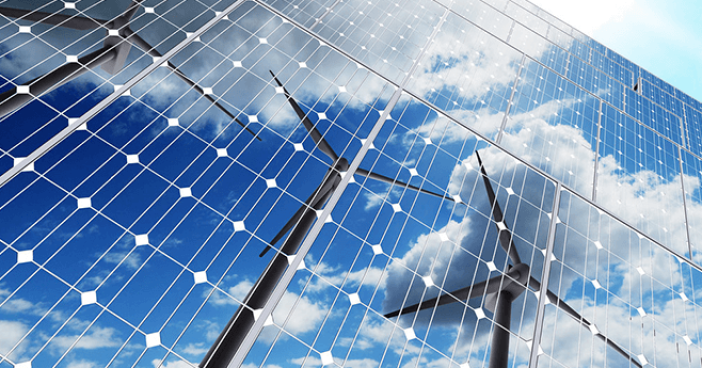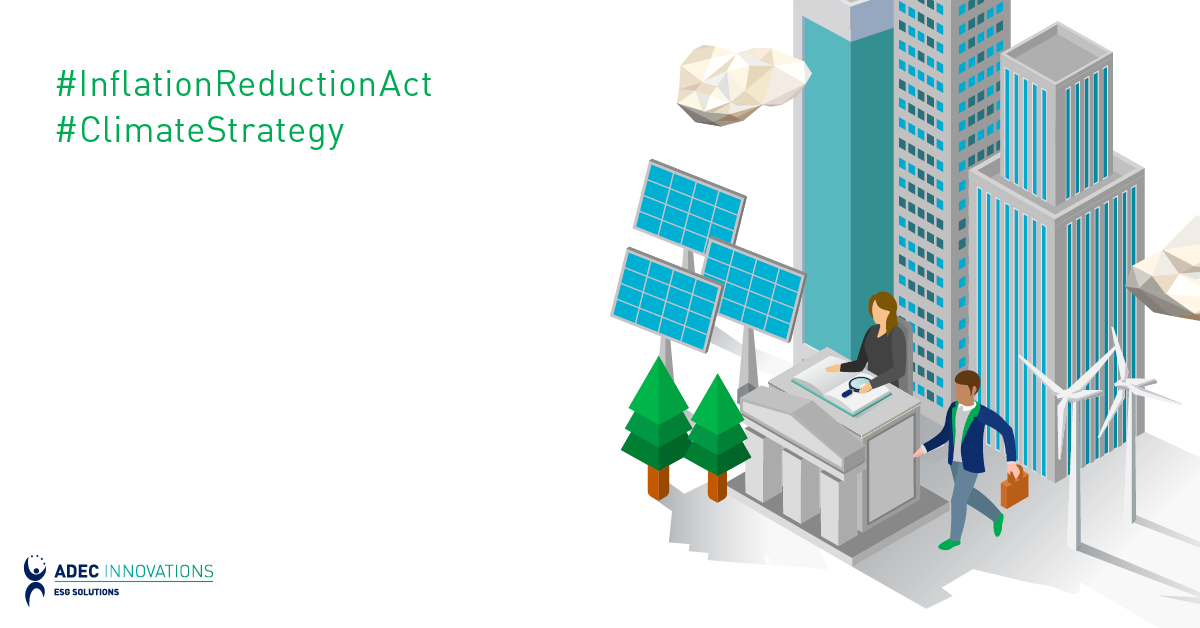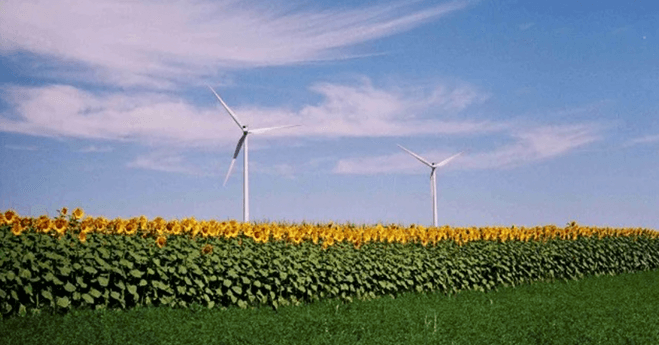The terms “renewable energy” and “sustainable energy” are often interchanged. However, their meanings are actually different. Renewable energy is energy that is created and replenished naturally. Sustainable energy, on the other hand, is energy that reliably meets both the short- and long-term needs of a society.
A renewable energy source can be considered sustainable energy if it brings the following benefits:
1. Preserves the Natural Environment
Sustainable energy maintains the natural environment. Its installations are made out of environment-friendly materials. The use of hazardous materials is minimized, if not completely avoided. Sustainable energy installations are also resource-efficient. As a result, they produce minimal amounts of waste and emissions. Moreover, they generate energy without harming biodiversity.
Solar panels produce renewable energy, but there are questions about the sustainability of solar panel manufacturing. Solar panels contain rare earth metals such as lanthanum, neodymium and europium. The mining and processing of rare earth metals result in soil and water pollution. This can lead to resource depletion and public health problems, which can undermine businesses’ profits and worker productivity.
2. Allows Societies and Cultures to Thrive
Sustainable energy allows societies and cultures to thrive. Its installations and facilities are built and operated in accordance with existing laws and regulations. Sustainable energy installations meet product safety standards. Workers at sustainable energy facilities are provided with fair wages and safe working conditions. And, most importantly, sustainable energy does not disrupt a community’s way of life. The normal course of a community should not be interrupted so that an installation or facility can be accommodated.
Hydroelectric power is regarded as the biggest source of clean electricity globally. The construction of hydroelectric dams, however, can lead to the displacement of local communities. Local communities that are displaced by the construction of hydroelectric dams are forced to abandon their homes, livelihoods and cultural traditions. With no homes and livelihoods, the members of these communities may experience poverty and unemployment.
3. Helps the Economy Grow
Sustainable energy contributes to local economies. The owners of sustainable energy companies pay the correct amount of taxes and do not engage in unethical business practices. Sustainable energy also helps a society become economically productive, from creating jobs to developing innovations that will improve how people work and live.
Battery technology can help transform renewable energy into sustainable energy. Battery technology can do this by providing distant and low-income communities access to energy, as well as ensuring energy security. Many distant and low-income communities cannot afford traditional power lines. Therefore, they have to spend hours collecting firewood and animal dung for heat and fuel sources, which may leave them with little time for more productive activities. In some communities, an unstable energy supply can disrupt business operations, resulting in lower bottom lines.
With battery technology, distant and low-income communities can have access to energy without having to spend money on traditional power lines and infrastructure. Consequently, the residents of these communities will be able to pursue more productive activities, such as study or entrepreneurship. Furthermore, battery technology will provide businesses in communities with unstable energy supply with additional energy for future use. As a result, they can operate smoothly despite power outages, increasing their profits in the process.
Sustainable Energy for Sustainable Development
Renewable energy is widely regarded as one of the keys to sustainable development. But renewable energy can only contribute to sustainable development if it is sustainable as well. Companies can transform renewable energy into sustainable energy by ensuring that its benefits go beyond producing energy naturally. All aspects of a renewable energy installation or facility—from development to operation—must also be sustainable. When a renewable energy installation or facility is sustainable in all of its aspects, it manages to address other sustainability issues aside from the need for clean energy. Achieving this goal will then render renewable energy sustainable and a key component of sustainable development.
ADEC ESG is a leading provider of sustainability solutions, with expertise in delivering fully-integrated consulting, software and data management services. To stay current on global sustainability issues, subscribe to our monthly newsletter, GreenWatch.




